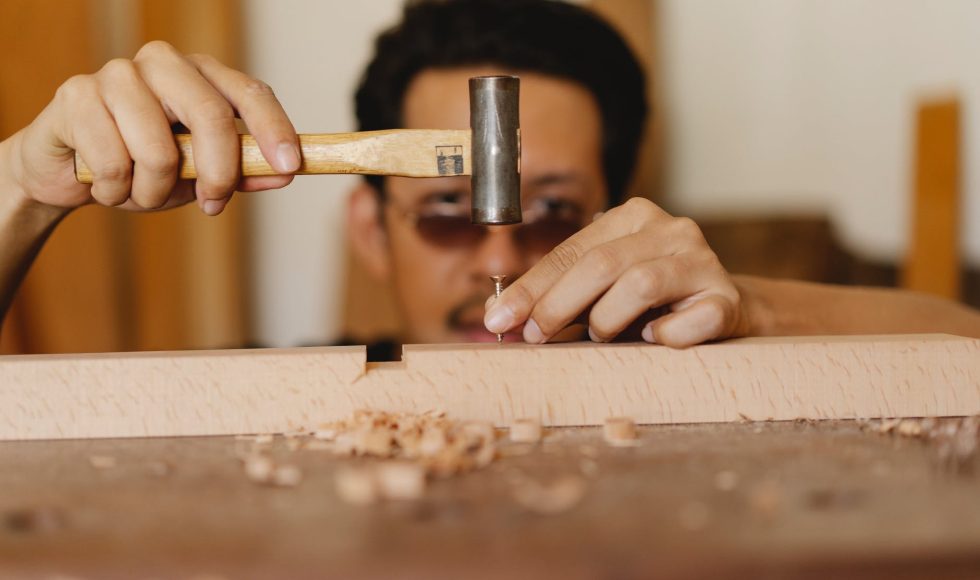Dr. Amanda Holton from the University of California Irvine prepared a superb presentation for the asynchronous 2020 Lily Conference sessions. The audio quality and video transitions made it very easy to follow; the slides are informative. Holton clearly explained the type of courses they teach: large chemistry courses with 300 students! UC Irvine (or the […]
Drs. Katherine Wilford, Demetrius Collins, and Megan Flores from the University of St. Augustine described how they engage students in their health science courses in a virtual setting in a recorded 2020 Lilly Conference session. Wilford defined student engagement and the relationship between engagement and satisfaction. Some of the studies mentioned by Wilford using active […]
Dr. Chrystal Dean from Appalachian State University discussed the use of backward design with another critical element for online courses. The recorded 2020 Lilly Conference presentation included examples and a reflective analysis of the design process. Dean began by having the audience reflect on the silver linings during the pandemic, including more walks with children. […]
Drs. Carrol Warren and Michelle Bartlett recorded a short session for the 2020 Lily Conference entitled “Applying Improvement Science to Promote Online Course Delivery Successfully” with examples of the application of this method/mindset for their courses. The Carnegie Foundation identifies six core principles of improvement. Warren explained this framework and focused on one aspect or […]
Drs. Carrol Warner and Michelle Bartlett from North Carolina State University presented a recorded session about “Creating and Maintaining an Inclusive Online Learning Environment” for the 2020 Lilly Conference. The two presenters have extensive experience and showed several tools and approaches. I appreciate hearing their rationale for certain activities. They mentioned five areas for creating […]
Dr. Michelle Bartlett from North Carolina State University shared several considerations for online course design for teaching and learning for students with low-bandwidth access at the 2020 Lilly Conference. Bartlett has extensive experience teaching online. Do students in the courses we teach have internet access or device limitations? Bartlett started the presentation by reminding us […]
Drs. Maria Ortiz and Annette Redmon from the University of Cincinnati presented how they use Padlet and Flipgrid in their courses. Their 2020 recorded Lilly Conference session provided near examples of uses in different disciplines. Redmon uses Vengage and Padlet to have students create and share infographics. The free version of Vengage allows users to […]
Dr. Romena Holbert from Wright State University shared clever uses of Google Suite tools in a recorded 2020 Lilly Conference session. I watched it twice! Holbert began with research on collaboration and used a Google Jamboard to start an asynchronous discussion with participants. I enjoyed the step-by-step demo of Jamboard because I haven’t used it […]
Laura Cruz, Daniel Mallinson, and colleagues from Pennsylvania State University presented a session at the 2020 Lilly Conference on their analysis of the use of Nearpod engagement tool. Cruz, an instructional designer and educational researcher, briefly summarized educational research on student response systems and engagement. Cruz asked: “do clickers work?” adding that it depends on […]
Martha Brown and Dr. Kim Bush from North Carolina State University recorded a session for the 2020 Lilly Conference Online. I watched it tonight and learned a different way of using Padlet.com in courses, valuing student privacy and anxiety concerns, and engagement research. Bush began by defining student motivation by quoting Barkley 2010 as “student […]











